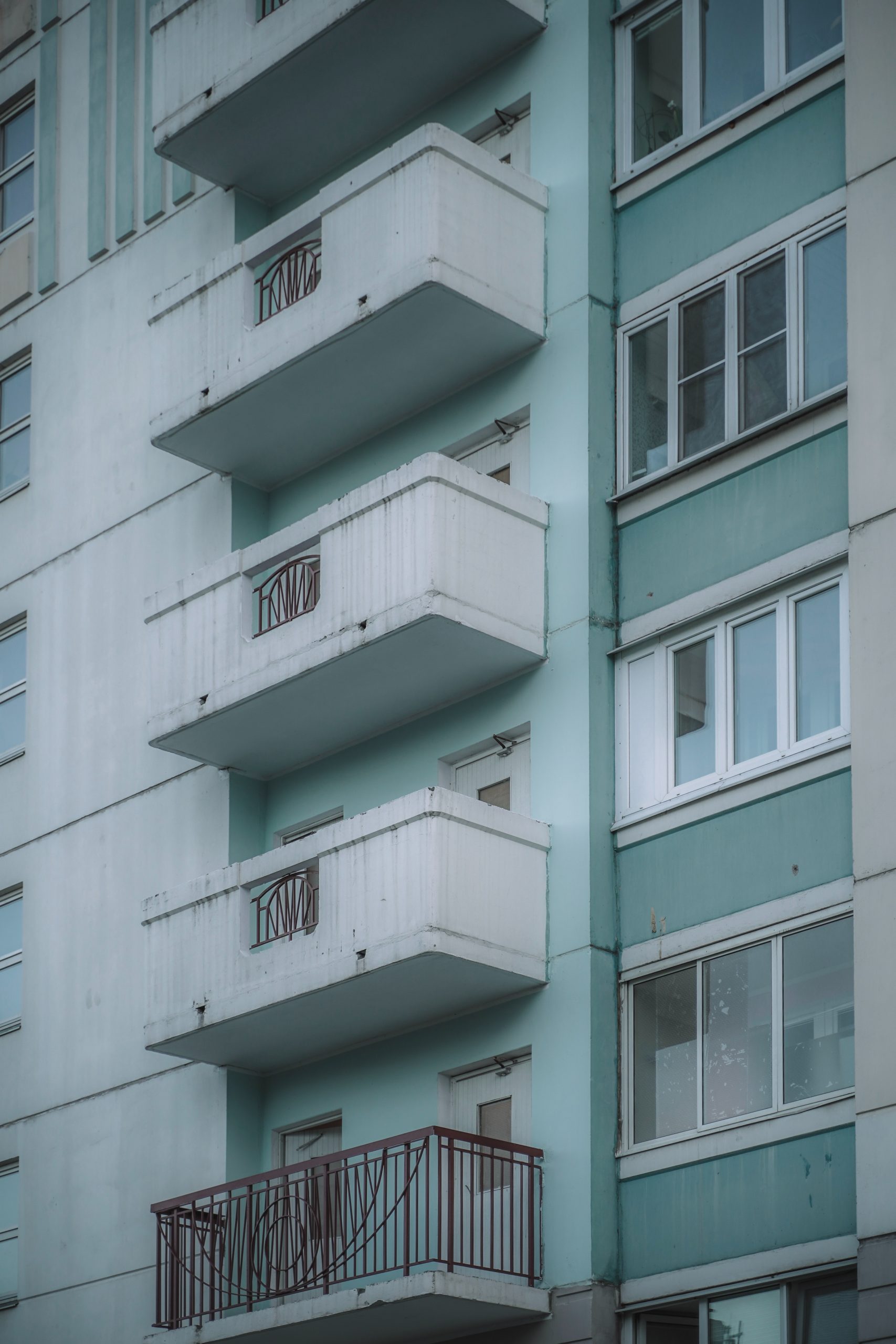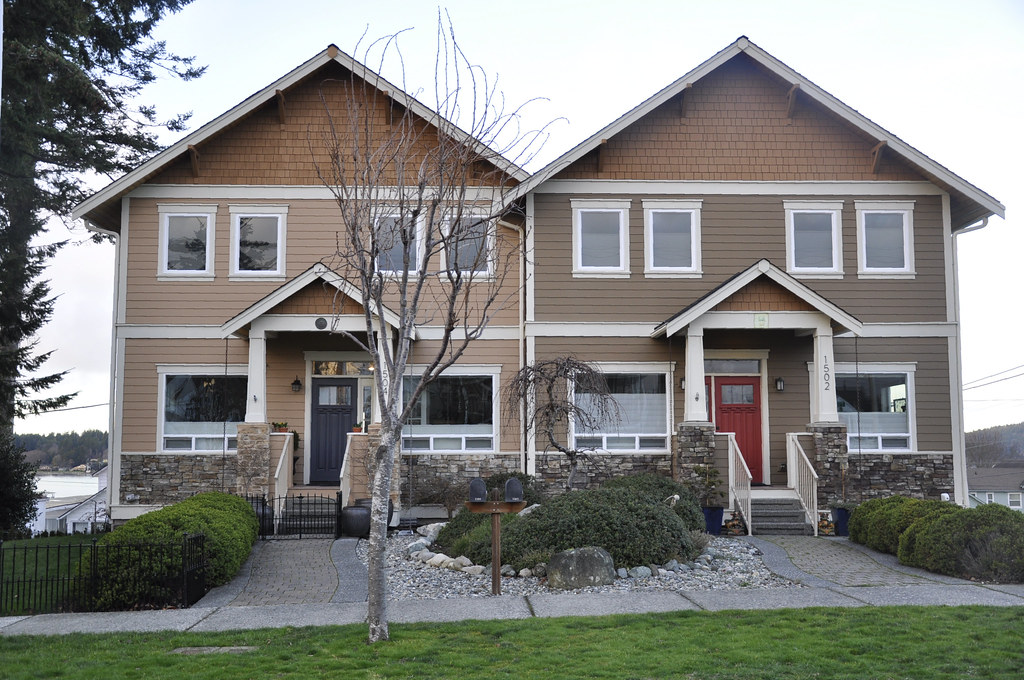If this is the case, you may be qualified for an Income restricted apartments unit. So, what exactly are income-restricted housing units? These are low-income housing options for singles, couples, and families. You must follow specific requirements and procedures to be allowed entry into these residences.
What is an income-restricted apartment?
It may be challenging to obtain an apartment, especially if you have a low income if rent controls are in place. Because of this, these hud apartments exist, and there is more to these apartments than meets the eye.
For low-income tenants, the term is based on income apartments. In addition, government and nonprofits contribute to the project overseen by HUD, the US Department of Housing and Urban Development.
Who qualifies for an income-restricted apartment?
Rents are rising in the current economic climate, especially in major cities. Most people with low-wage jobs have difficulty finding an inexpensive place to live. However, apartment complexes and communities provide low-income families with affordable subsidized housing.
- Property Eligibility
For low-income tenants, income-restricted flats are usually privately held projects. Part of the UHD effort to provide more affordable apartments, this project helps people find a home. Specific criteria must be satisfied before a property may be for this program.
- Tenant eligibility
As is customary for most landlords and managers, the landlord of a limited-income property must ensure on-time rent payments. As a result, your landlord will also need to check your income to ensure it meets the standards of an based on income apartment flat, which the government or a nonprofit organization funds.
- Rent is determined
The rent rates for income restricted apartments are different from the rent rates for income-based apartments. The location and the proportion of income in a particular region go a long way toward determining the monthly rent for low-income housing. It’s also important to consider rental market costs and the actual size of the flat. The rent for an income-restricted flat cannot exceed the market value of similar units in the area.
Types of income-restricted apartments
So although income restricted apartments, townhouses, and single-family homes are available, the government categorizes them as subsidized or low-income.
HUD’s apartment leasing requirements regulate both, depending on income.
Here’s where they diverge due to the perennially large waiting lists for public and Section 8 housing, these homes. Not all affordable housing properties fulfil HUD requirements.
Most low-income flats are via public housing agencies; however, a private property manager or building owner by HUD provides lower rent.
Sadly, the only option to identify privately owned or managed residences is via HUD. Unfortunately, even if the apartment is “ subsidized housing,” classified advertising isn’t necessarily a reliable HUD approval predictor.
How to apply for income-restricted apartments?
- Visit the website
May find the median household income for your city here.
- Contact your local housing tenant
To better understand your monthly rent, you may use this calculator to determine how big your ideal apartment should be.
- Fill the application
In the case of privately owned flats, you may apply via the PHA or the owner directly. You and any other apartment residents may require a criminal background check, and some private property owners may have stricter standards than others regarding disqualifications.
- Provide the essential documents
To get an apartment, you’ll need to submit documentation of your pay and the total household income of everyone who will be living there.
- Waitlisted
More qualified candidates in certain places than available flats for rent at an affordable apartment. If you’d like to stay in a public place rather than a private one, you may have to stand in line.
The pros of living in an income-restricted apartment
- Low cost of living rents
However, the cost of living in these hud apartments varies depending on the city or area in which they tend to be less expensive than market-rate apartments.
- Security
For example, inhabitants of public housing have access to government-mandated child safety and property upkeep. Local Public Housing Agencies control the regulations for public housing facilities, which might vary widely (PHAs).
- Community support
The social ramifications of living in close quarters and making new friends are two additional key benefits of apartment living. Although rural and suburban areas have a strong sense of community, living in an apartment enhances the likelihood of forming lifetime friendships.
- Maintenance
Maintenance costs are often cheaper due to the landlord/owner bearing most of the obligation, as described in the financial advantages section.
- Comfortable living arrangements
A typical indoor area should be attractive and adaptable if finances are available. It will be difficult for low-income persons to obtain housing elsewhere if low-income housing is exclusively available in low-income neighbourhoods.
- Lower responsibility
So far, they have just spoken about the savings in rent and the absence of property maintenance. In addition to saving money, not dealing with property maintenance is a huge stress-buster.
- Accessibility
One of the perks of living in an apartment complex is that everything you need is within a short distance of each other. The overall demographics of an area often determine a retail centre’s location. Having more prospective consumers means a more robust demand for the retail mall; this is a valuable tidbit of information.
The cons of living in an income-restricted apartment
- Payment issues
Traditional apartments need a security deposit, the first and last month’s rent in advance. However, the landlord may first encounter payment delays in Income restricted apartments complexes such as Section 8, and depositing the funds might take weeks or even months.
- Rent limits
The landlord and the building owner(s) may oppose rent-restricted apartments since the government often sets a maximum allowable rent level.
The amount they establish for your house is the maximum price you may ask, independent of the market conditions.
- Inspection
Because of the inspections, property owners and managers may be wary of taking on tenants with special needs. The Local Housing Authority sends someone out once a year to ensure the building functions.
The landlord has a grace period if there are any issues with the flat. If repairs, the landlord might lose their subsidy. However, some landlords might be preparing to take on the added labour of supervising income-restricted apartments.
- Socially expensive
The bulk of low- and moderate-income housing developments are outside the neighbourhoods they serve. As a result, developers prefer to build income based apartments flats outside of town since construction costs are lower, and the units aren’t rented at total market value and don’t earn entire profits.
- Social isolation
The majority of income-restricted flats are in huge complexes. Although this serves to establish neighbourly bonds, the renters may become too comfortable and disconnected from the rest of society.
There is also a potential that the development of low-income flats may result in the action of impoverished districts since more residents with low incomes will start to move into some of these apartments.
Conclusion
If you’re looking for a low-cost place, consider income restricted apartments. Rent in these complexes is less expensive than in more expensive areas, so those with lower and middle incomes may live there. Again, submitting your application can help you begin enjoying your low-cost home sooner, especially if there is a waiting list.
FAQs
How does restricted income work for apartments?
A household with a limited budget has an annual income between 50% and 60% of the area’s median income based apartments.
What are the differences b/w income-based and income-restricted apartments?
It’s very uncommon for low-income tenants to live in private residences while wealthy persons rent out their properties to those who fit specific qualifications.






